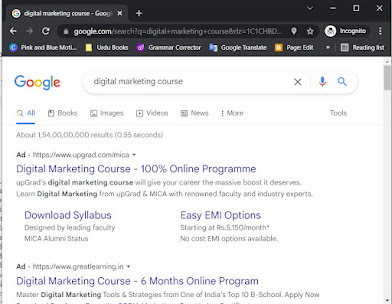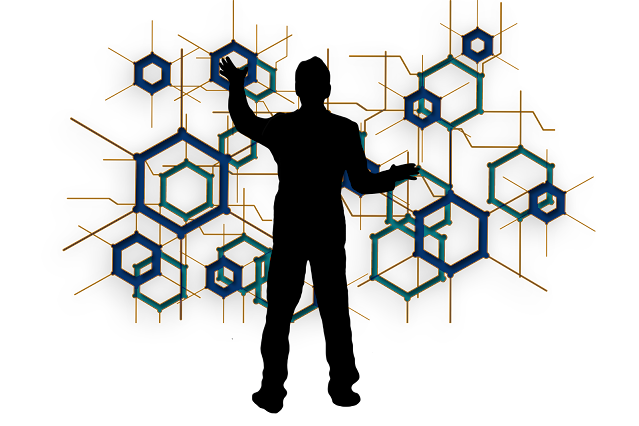Introduction to Search Engine and Its type
What is Search Engine
Define Search Engine is a program that searches for and identifies items in a database. In response to a user query or keyword, the search engine displays results. Search engine responsible To organize the answers based on their credibility and sources in a sequential manner according to their rank.Search engine result pages (SEP) are pages on different types of browsers like Google and Yahoo, Bing, Ask, and Alexa, etc.
Search Engine Components
A search engine is a database of Internet resources, and it is essentially an encyclopedia of Internet resources, such as website pages, newspapers and Its group, different programs, images, or videos, and so on. Search engines help to locate information on the world wide Internet.An individual can search for any type of information by passing a query in the form of a keyword or phrase. Afterwards, it searches its database for relevant information and returns it to the user.
There are generally three basic components of a search engine as listed below.
- Web Crawler to crawl website
- Information is gathered from the Internet by a software component called the crawler. Spiders and bots are other terms for web crawlers.
- Database to store website data
- A database is a repository where the crawled information is saved. There are a lot of resources on it.
- Search Interfaces
- This search engine interface allows the user to interact with the database. It allows the user to search through the database. The search interface can be developed for any device, whether it is a mobile phone or a computer.
What is Search Query?
In a search engine, a search query is a string of text. It could be a phrase, a word, or a combination of both. These keywords, texts, or phrases users enter in order to find things of interest.Keywords are words or phrases that are associated with a topic or piece of content. An example of a keyword would be “president of India”. In contrast, a search query refers to the real-life combination of words that people enter into search engines to find specific content or information.
Organic Results
A Web search engine's organic results are those that are derived strictly from algorithmic calculations and are not affected by advertising. These results differ from other kinds of sponsored results, such as pay per click advertisements, shopping results, or other results in which the search engine is compensated either for showing the result or for clicks on that result.Google, Yahoo! Bing, Petal, and Sogou all include advertising on their search results pages. U.S. law requires organic results to be distinguished from advertising.
Sponsored posts, also known as promoted posts, refer to posts on any notification-oriented, community-driven website which is explicitly sponsored by a particular company in order to promote and moderate the most active, most viewed page of the website.
An advertisement that appears in the form of a hypertext link on search results pages. Typically, ads are for products and services that are related to the keywords in the search query. For more information, see Google Ads on Google.


There are different types of Ads.
Google Ads
Shopping Ads
Display Ads
Pop-up Ads
Rich Snippets
Rich snippets are organic search results that display enhanced information alongside the URL, title, and description. There are separate results called rich cards, often with visual enhancements, that appear above organic results.
Rich Snippets, a new approach to highlighting structured data embedded in web pages using Google's algorithms.
Featured Snippets
Google's featured snippets provide quick answers to search queries in the form of a short excerpt. As part of its search results, Google shows short excerpts of web pages that help users quickly answer their questions. Google automatically pulls featured snippets from indexed pages.Crawler Database
In Data Crawling, you develop crawlers (or bots) that crawl to the deepest parts of the web pages so you can analyze their content. On the other hand, data scraping involves obtaining data from any source (not necessarily the internet). In most cases, we refer to extracting data from the web as scraping (or harvesting) regardless of the methodologies employed, which is a misconception.Search engines like Google and Bing typically use web crawlers, which are a type of bot. They are responsible for indexing the content of websites across the Internet so that these sites can appear in search engine results.











0 Reviews:
Post a Comment
Please do not enter any spam link or hatred, abuse in the comment box.